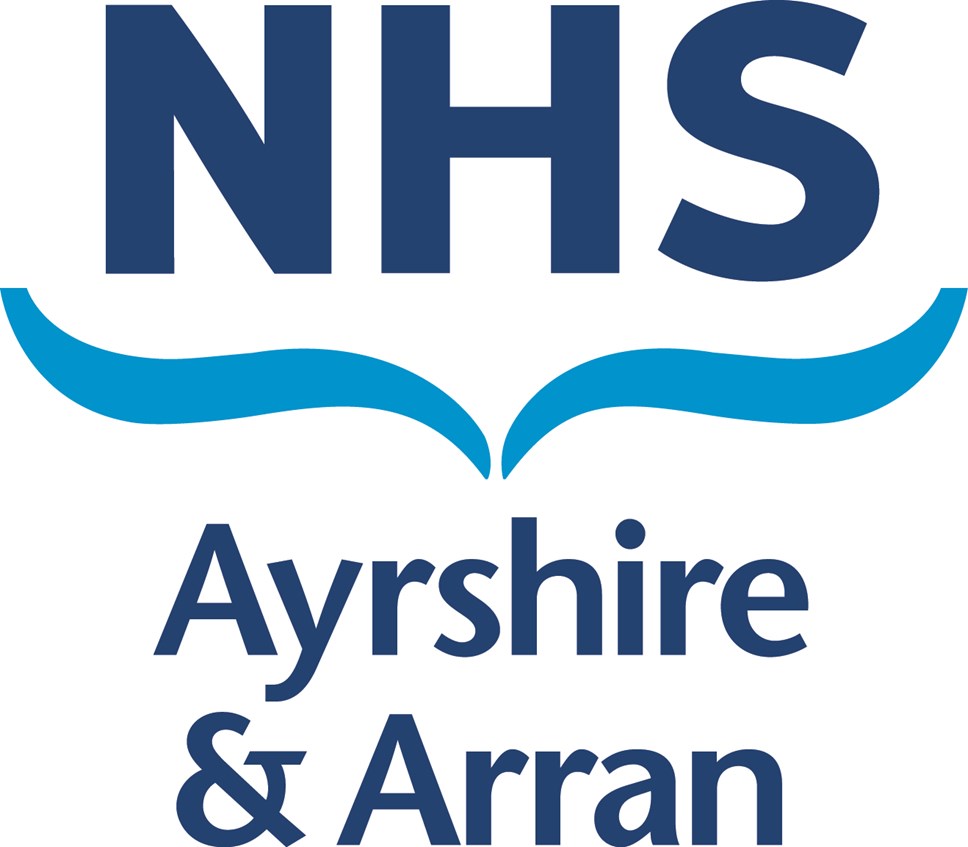
Health and social care services in Ayrshire and Arran
NHS Ayrshire & Arran and the three health and social care partnerships in East, North and South Ayrshire are currently experiencing extremely high demand for services across the whole system – in urgent and emergency care, primary care services, acute hospital services, as well as in community and social care services.
Claire Burden, Chief Executive – NHS Ayrshire & Arran, explains: “We are committed to providing safe and effective health and social care for our population in as timely a way as possible.
“However, services across the whole health and care system remain under extreme pressure. This is due to a combination of staff absence across the system, high bed occupancy levels in our acute and community hospitals, high levels of flu and covid in our community, some delayed transfers of care and high volumes of frail patients whose recovery includes complex care.
“To address these issues, we have implemented a whole system response, where we are working with our partners to ease some of those pressures and improve services for people living in Ayrshire and Arran.”
To support our system, our health and social care teams are working together to ensure the available capacity across our health and social care system is aligned as well is it can be.
In urgent and emergency care services, we are triaging each patient attending our Emergency Departments and our clinical teams prioritise on clinical need. We are working closely with partners across all emergency services, including our colleagues in the Scottish Ambulance Service and primary care, to anticipate and mitigate against delays wherever possible.
Due to the overwhelming demand across general practice, and the need to prioritise same day emergency care to support the wider system, we are asking GP practices to move to only seeing urgent and emergency care patients only. This ensures GP practices are able to prioritise urgent care, palliative care, screening programmes and out of hours services, as well as being able to provide care for those with more complex care needs.
We continue to focus on the decongestion of our acute and community hospitals, which will help us relieve the pressure in our Emergency Departments (ED) and Combined Assessment Units (CAU). To reduce the risk of these waits, we will continue to optimise moving patients to wards at the earliest opportunity to help alleviate pressure at peak time.
We have opened all additional beds where possible, and are seeking alternative pathways for those patients who do not require their care to be delivered in an acute hospital setting.
We are pausing routine inpatient elective surgery for a period of three weeks from Monday 9 January 2023. This will allow us to focus on aligning capacity on improving care for urgent and emergency care patients and to continue our work to decongest the system. This means that patients who were scheduled to undergo an operation on a routine basis, which would have required an inpatient admission to hospital during this time, will have their procedure rescheduled. Any patients whose procedure needs to be rescheduled will be contacted directly by their consultant’s secretary, and any enquiries should be directed to them.
Patients who are undergoing a procedure on an urgent basis, including those to diagnose or treat cancer, will be unaffected. Patients who are having their procedure on a day case basis will be similarly unaffected. Paediatric surgery also will be unaffected.
These pressures are also being faced in our social care services across East, North and South Ayrshire. In particular, Care at Home services in the three health and social care partnerships are being particularly affected by increases in demand, as well as workforce challenges.
Unfortunately, this means that service users may experience changes to their care packages, including revised visit times or services being provided by staff members who are not their usual carers. There are also currently delays with new requests for care being put in place.
Families with a loved one waiting to be discharged from hospital are being asked to consider whether there is anything they could do to support them to return home more quickly and avoid them having to remain in hospital unnecessarily until a full care package can be put in place. Some families may also be offered alternative care and support options for their relative, for example an interim stay in a care home whilst a full assessment of their care needs can be undertaken.
We would urge families to please carefully consider all alternatives that will support their loved ones to leave hospital as soon as possible.
Claire Burden adds: “We would like to thank our staff working across the whole system for their help and understanding as we continue to work under extremely difficult circumstances.
“If we all work together we can ensure that our services are there to look after those who need them most.”
Here are some simple things you can do to help support us over this busy period:
- Only visit your GP, out-of-hours GP services or ED if you really need to. Visit nhsinform.scot for healthcare advice.
- Go to your community pharmacy for advice. They can provide advice on a range of minor illnesses.
- Wear a fluid resistant face mask if you are visiting our hospitals or using our services.
- Please remember to be kind to our staff. Our staff are doing their best to help you.
